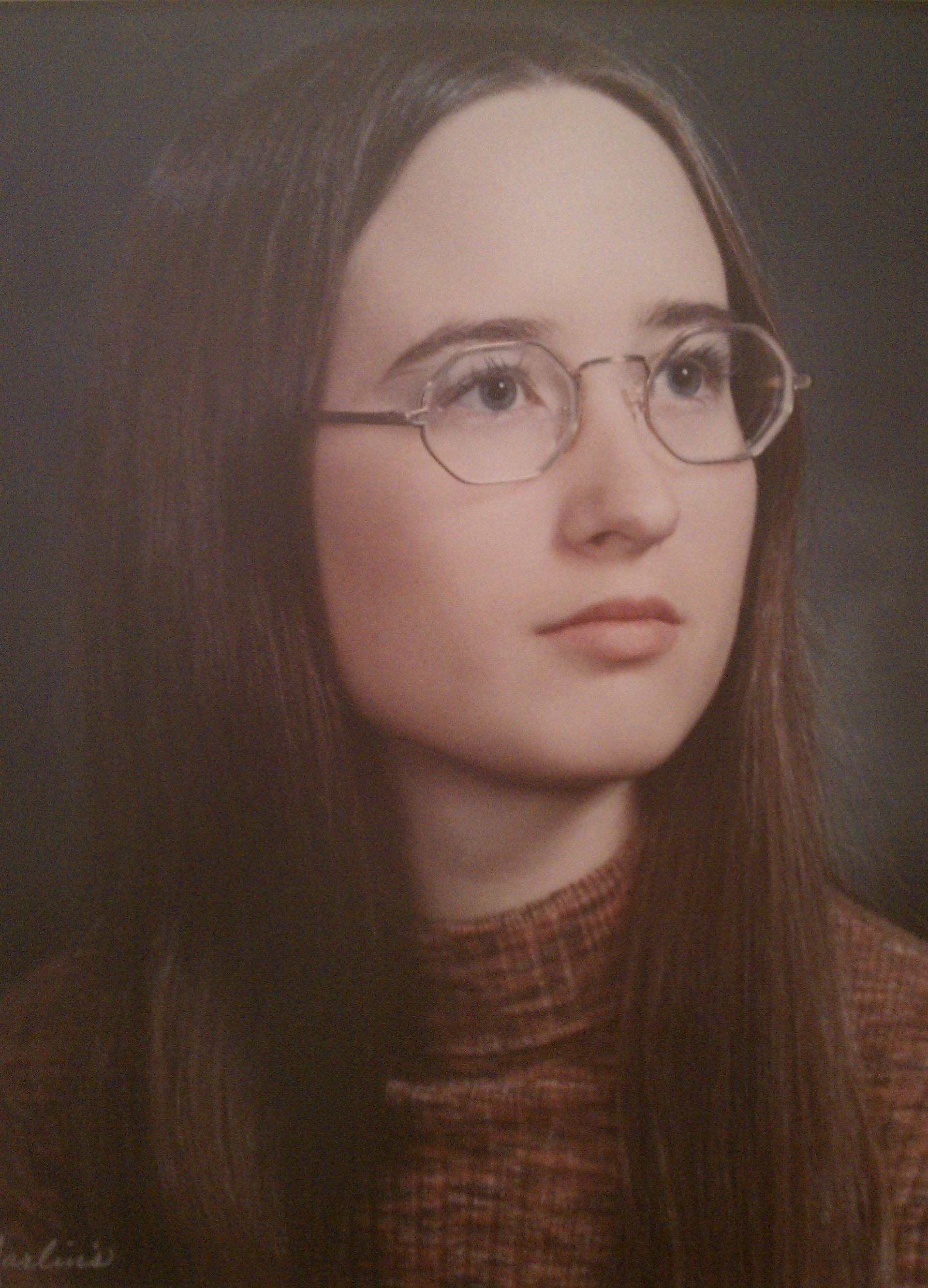
I mentioned several months ago that I had resurrected a short story I wrote in college and was editing it. I shared a draft of the revised story recently with my critique group.
One of my partners commented after our meeting, “You know, Theresa, it’s amazing how much your voice at seventeen sounds like you today.”
At first I was flummoxed. You mean, all my years of education, my decades of writing in one form or another, had not improved how I wrote?
I took one class in creative writing in college; otherwise, I spent those years learning how to write like an economist. I spent my law school years unlearning the social scientist passive voice and learning to write like a lawyer. During my many years of legal practice I became more and more argumentative in my tone. Then I worked a decade in Human Resources learning to engage employees when I communicated. And for the last several years I have returned to the world of creative writing, crafting novels and essays and short stories.
Through all of this, my voice had not changed? How depressing.
Haven’t I learned anything about dialogue? I’d always thought my years sitting through depositions trained me to hear how people really talked.
Haven’t I learned anything about characterization? I’ve spent decades watching how people react to changing circumstances, physically and mentally and emotionally.
Haven’t I learned anything about plot? The mark of a good trial attorney is the ability to tell a good story to judge and jury.

But then I thought about it some more.
I am who I am. Wasn’t that the lesson I said I learned so quickly when I went off to college forty years ago this fall? I say what I say, and I write how I write.
So I came to accept what my writing colleague said: My voice is my voice.
And now I must use it.
Is your writing voice consistent with how it was when you began? If not, how and why have you changed?




I think the writing voice is who we are. And it’s often the hardest to find. It took my coming back to Kansas and writing about the farm to recognize my voice.I write like my parents talk a little wacky and blunt.or better said like my family talks.
Sometimes I think it’s just hard to accept our voices . . . that we are who we are — with all our wackiness, bluntness, and profundity.
Thanks for reading,
Theresa
I love this post, Theresa. I think our voice comes from our heart and hopefully for most of us, our heart never changes, it remains open and loving. I love the photo of you at 17…beautiful!
Thank you, Jill. Most people (almost all) are open and loving. But it takes courage to reveal it.
Theresa
Now you make me want to dig out some really old stuff and read it to see…though I do think my voice is different between fiction and nonfiction now.
Smiles,
Linda Joyce
Well, I can still write letters like a lawyer, too. Thanks for reading!
Theresa
Great photo and insightful article, your appearance hasn’t changed much either, Theresa.
No more than yours has, Carole! Thanks for reading.
Theresa
Theresa, unlike you, I don’t have any writing to compare it to from college. Writing was the least of my activities then. When I did begin writing, it was 40 years ago. They were sing-songy rhymey poems. BTW, I love your pictures!
Thanks, Sally
I love this post Theresa. Your voice is analytical, complex but not chaotic, comprehensive and purposeful. The environment and context may change but you, Theresa, spirit and soul are central. Thanks!
Carol, thanks for reading and following.
“Complex but not chaotic” — sounds like a fine wine! I appreciate the compliment.
Theresa
[…] Writing: The Consistency of Voice […]